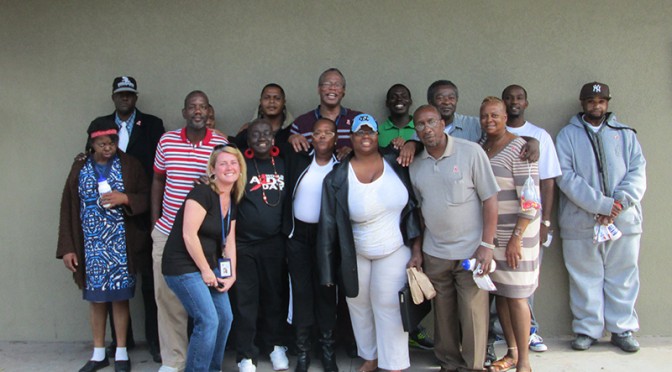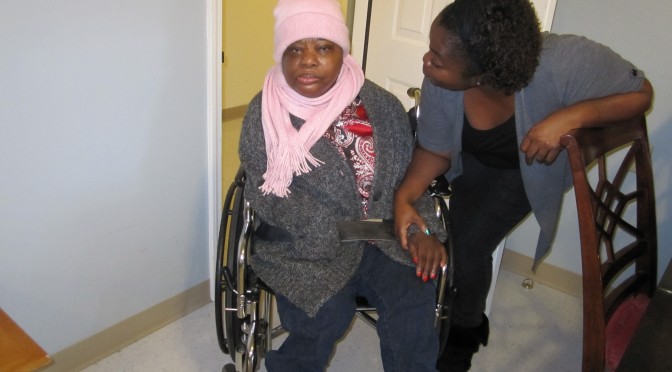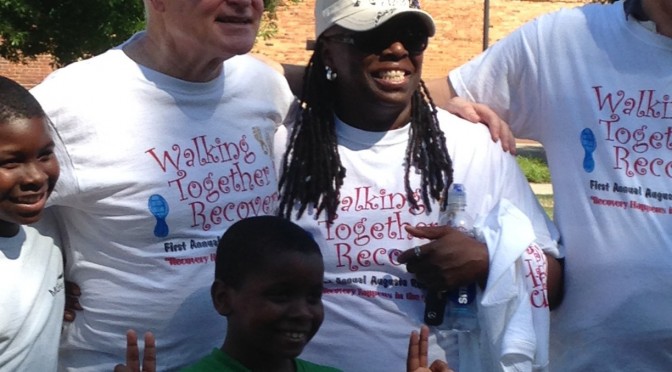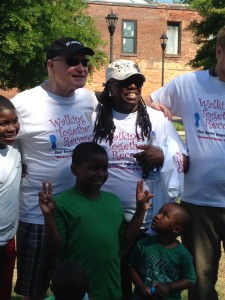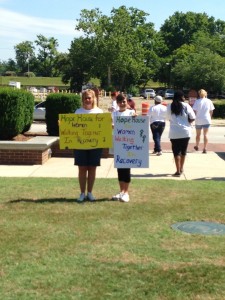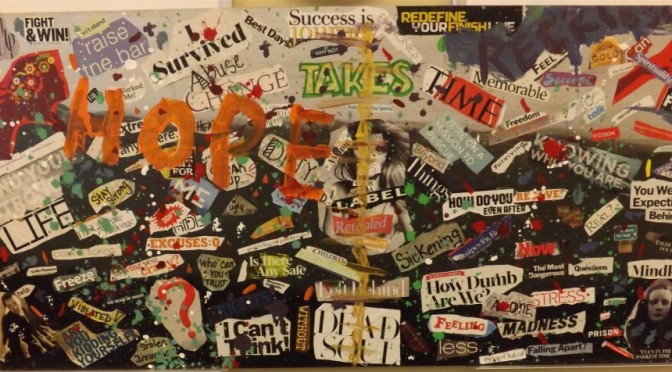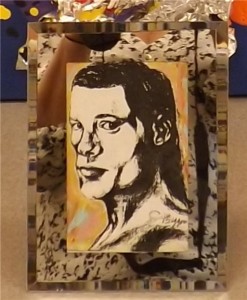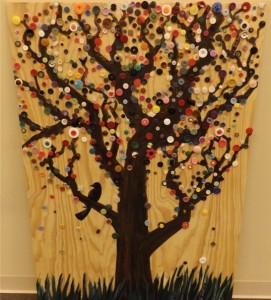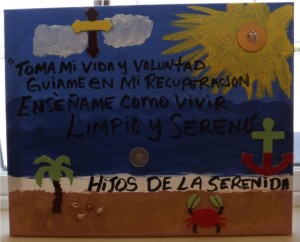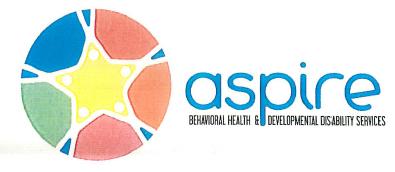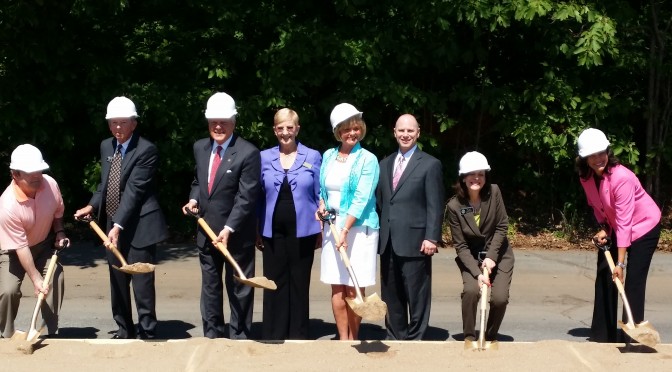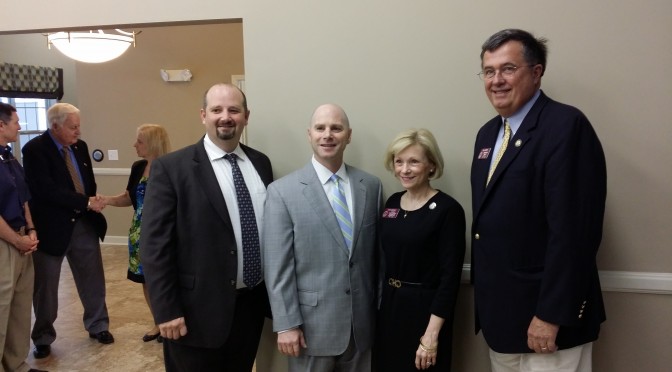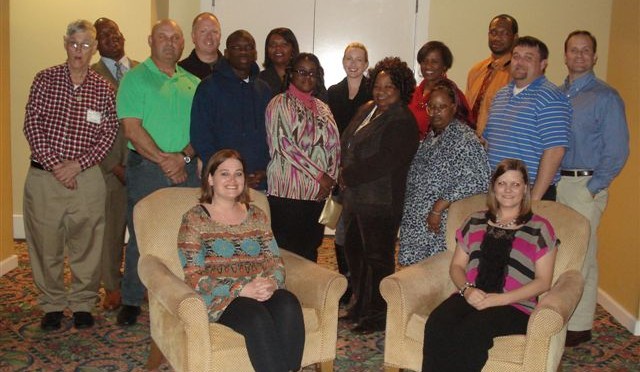Avita Community Partners
James struggled with drug addiction since age 13. He has a criminal history and has had difficulty finding and retaining a job all of his adult life. Last year, he began working with a supported employment specialist at Avita Community Partners.
The specialist helped him obtain a job as an assembler even though he had no prior related experience. James worked hard and learned to manage symptoms of worry and the feeling of being treated differently from others who worked around him. He performed well in this job for three months but was let go in a round of layoffs at the company.
The supported employment specialist worked with a local temp agency to arrange a mock interview for James and help him improve his interview skills. Two weeks later, James was hired as a forklift operator by a local plastics company. He stayed in the supported employment program for three months after starting the new job until he felt that he no longer needed assistance. He was placed on medication maintenance through Avita at that time.
James recently sent a message to his supported employment specialist that he was doing well and loving his job. He is training in other areas with the company and works a lot of overtime, which has enabled him to buy a car and catch up on past-due rent. He is now saving money to get his own apartment, so that he can move out of the halfway house he has been in for the past two years.
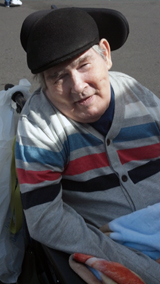 Donnie grew up in rural
Donnie grew up in rural 